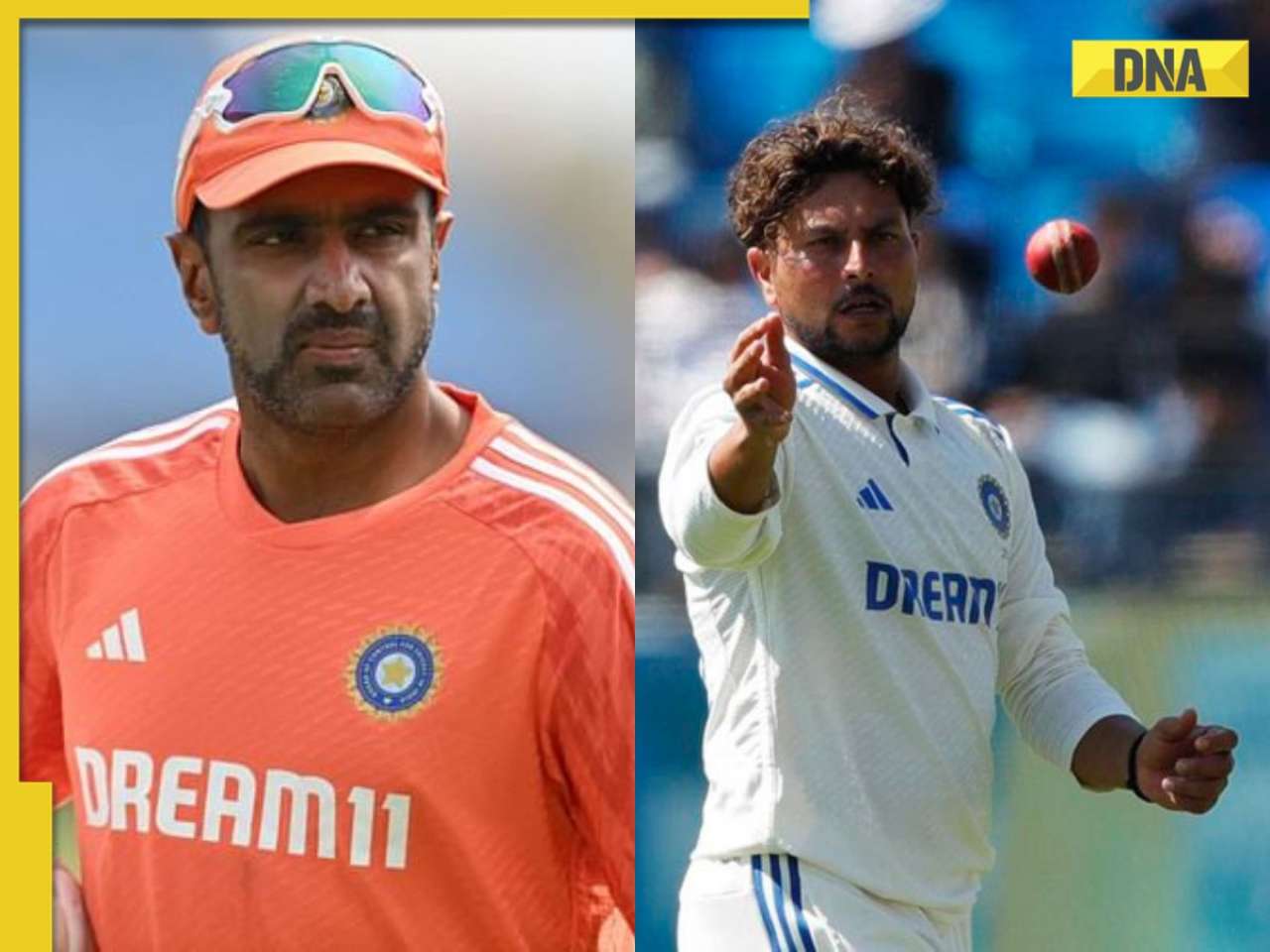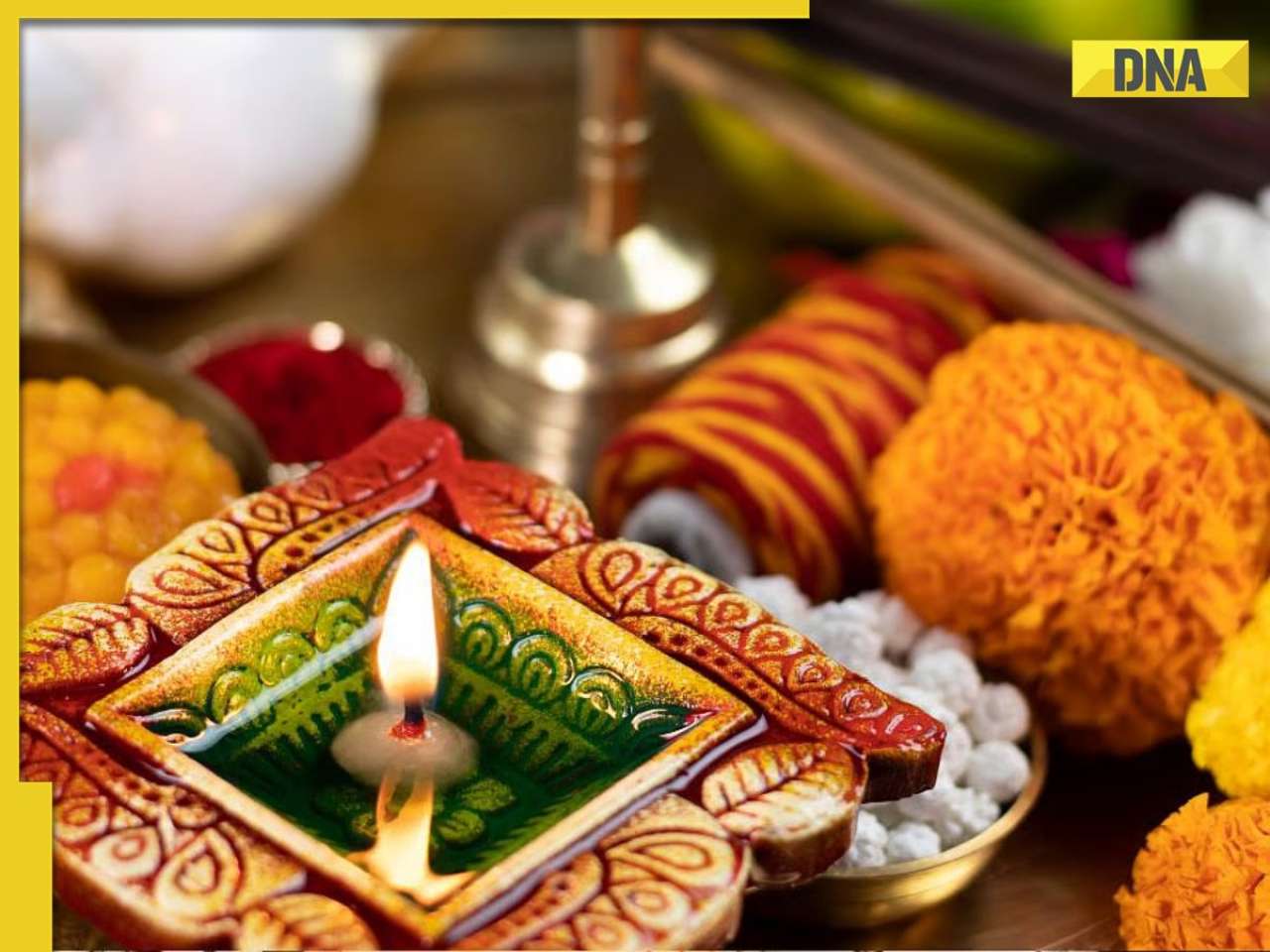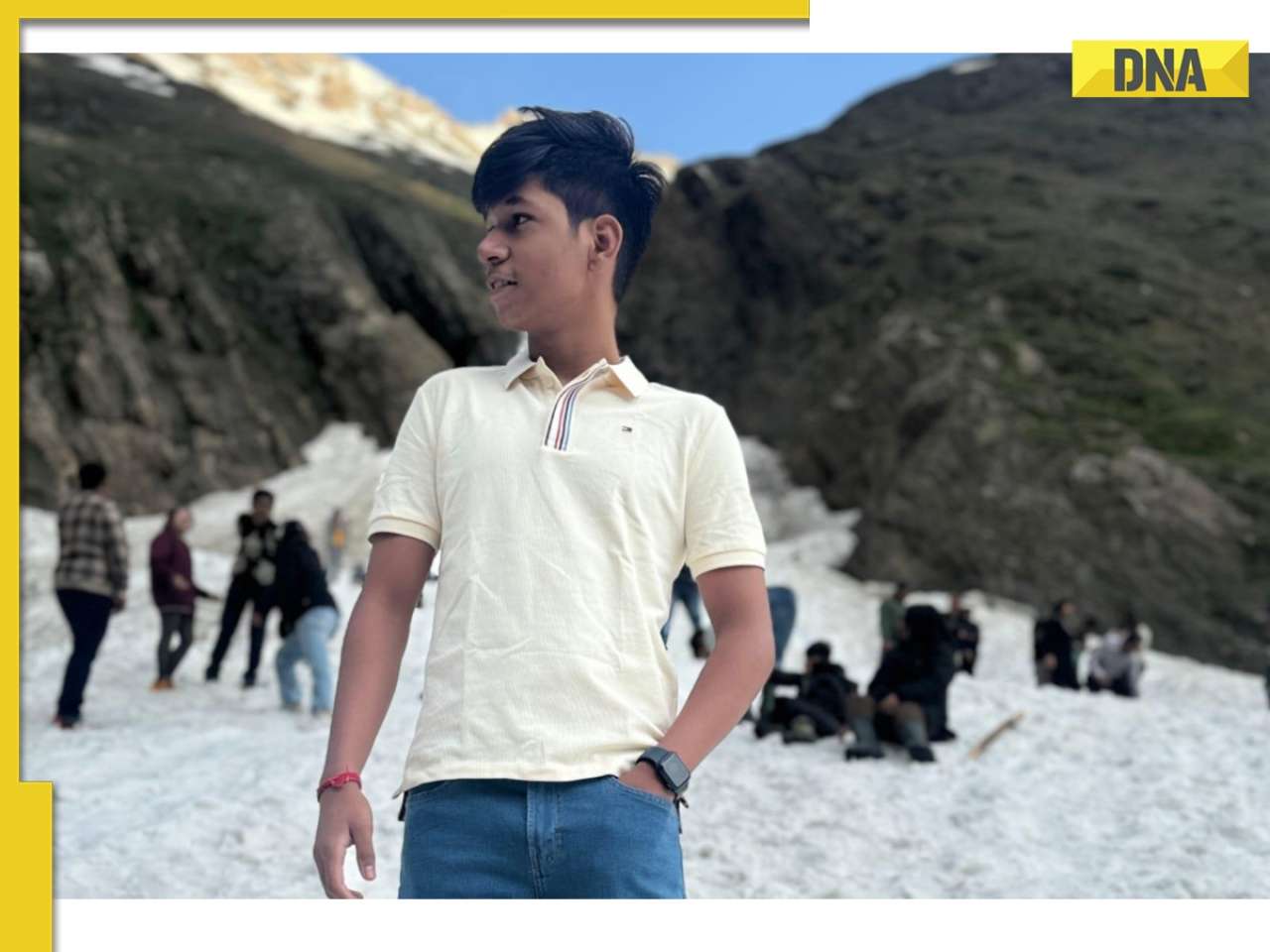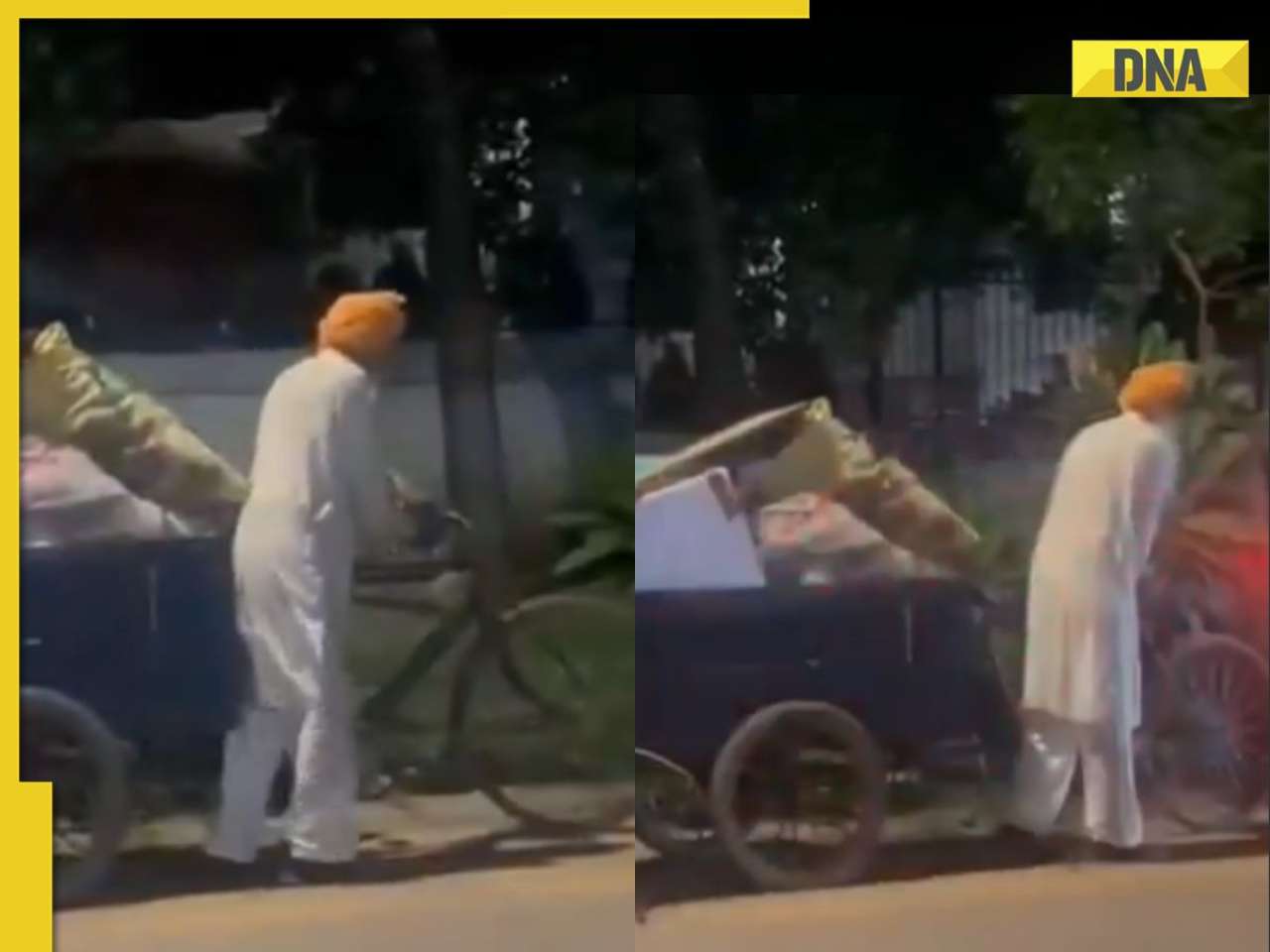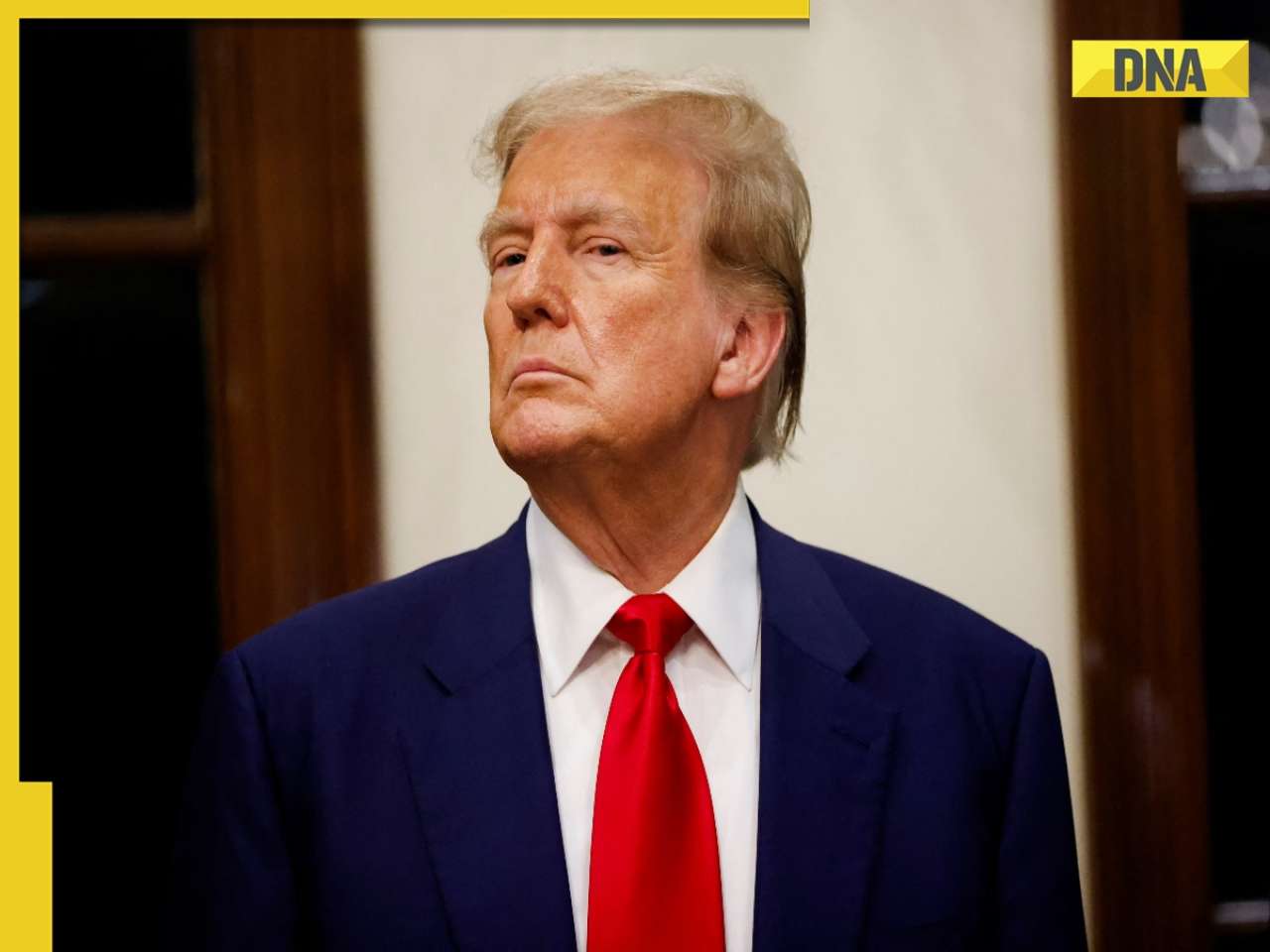A one-year-old child in a Bihar village killed a cobra by biting it, local residents have claimed. The bizarre incident took place in West Champaran district where the boy was brought to the government medical college and hospital in Bettiah town by family members. Read on to know more on this.
Cobras are a highly poisonous snakes recognised by their distinctive hood.
A one-year-old child in a remote Bihar village killed a cobra by biting it, local residents have claimed. The bizarre incident took place in the West Champaran district where the boy was brought to the government medical college and hospital in Bettiah town by family members. According to the hospital's superintendent Duvakant Mishra, "The boy, Govind Kumar, was referred here yesterday by the primary health centre close to his village where he was rushed by family members after he fainted soon after chewing on the live snake."
What does the boy's family claim?
Mishra said: "Family members claim he caught hold of their snake at their house, in Mohachchhi Bankatwa village under Majhaulia block. He was spotted with the serpent by his grandmother and by the time she could intervene, the reptile was bitten by the child. The cobra lay dead on the floor while the child also fell unconscious." He added that the child was being monitored by doctors and treatment for poisoning would start if the boy showed any symptoms.
How poisonous are cobras?
Cobras are a highly poisonous snakes recognised by their distinctive hood, and are found across Africa and Asia. There are several cobra species in India, including the King Cobra -- the world's longest venomous snake. The venom of cobras is known to be extremely potent and can be fatal within minutes to hours if left untreated. A cobra bite can lead to blurred vision, difficulty in breathing, and eventually death due to respiratory arrest.
(With inputs from news agency PTI).
Find your daily dose of All
Latest News including
Sports News,
Entertainment News,
Lifestyle News, explainers & more. Stay updated, Stay informed-
Follow DNA on WhatsApp.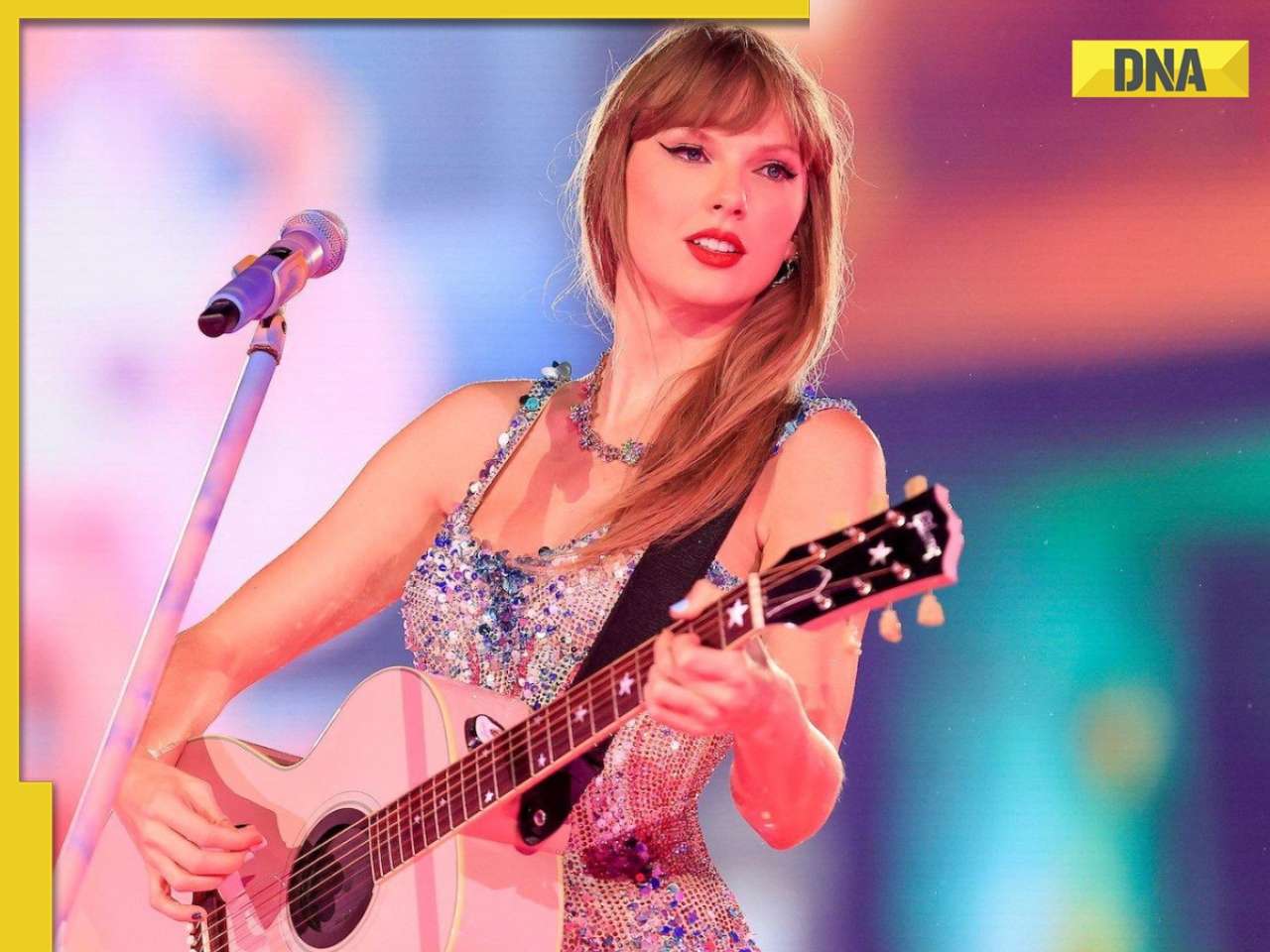 Taylor Swift gives sassy reply to ex-boyfriend Matty Healy's mom's jibe: 'She has to take...'
Taylor Swift gives sassy reply to ex-boyfriend Matty Healy's mom's jibe: 'She has to take...'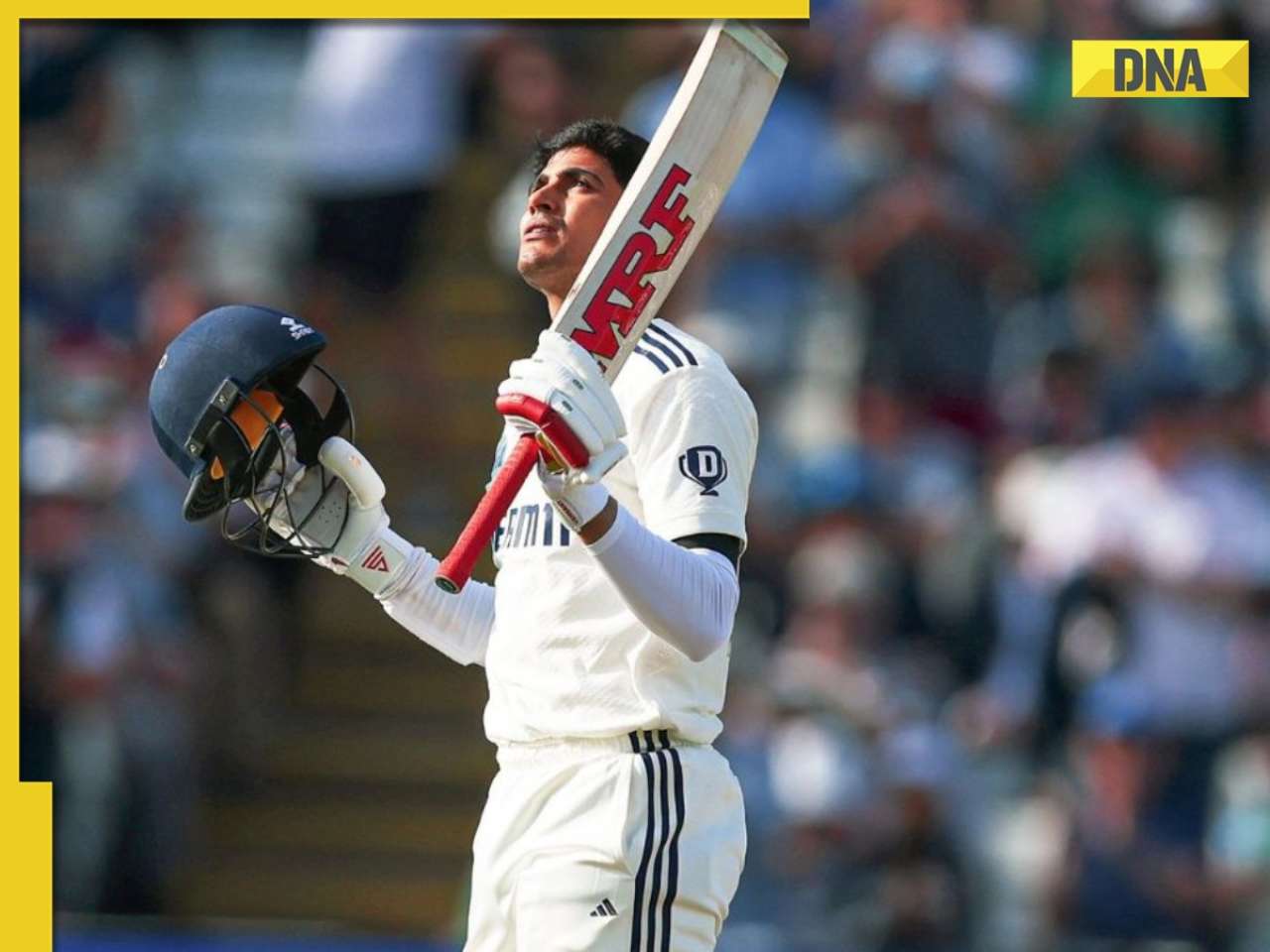 IND vs ENG: Shubman Gill breaks Virat Kohli's 9-year-old record of..., now eyes Sunil Gavaskar's legendary Test feat
IND vs ENG: Shubman Gill breaks Virat Kohli's 9-year-old record of..., now eyes Sunil Gavaskar's legendary Test feat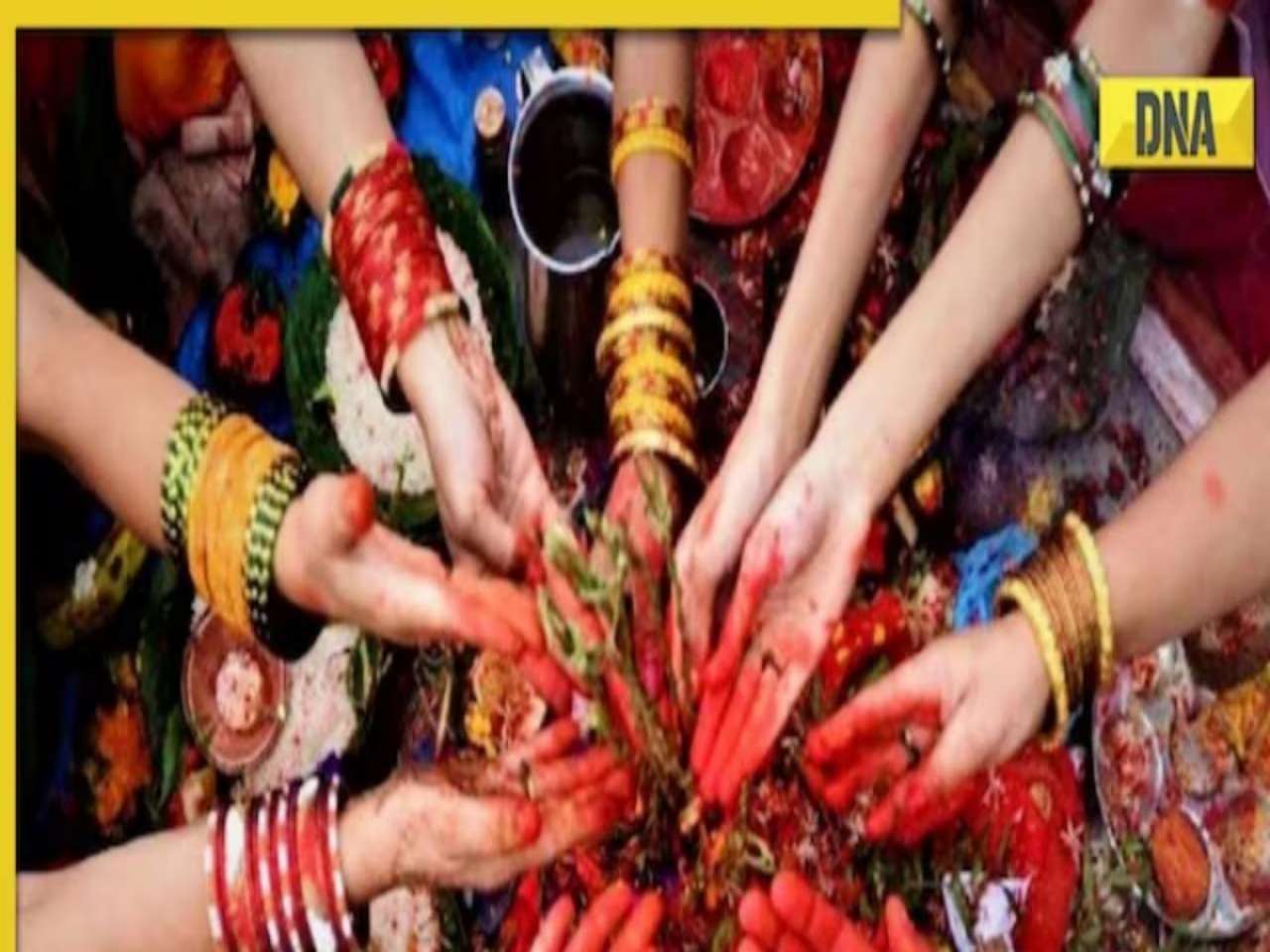 Hariyali Teej 2025: Top wishes, greetings, quotes, messages and WhatsApp status
Hariyali Teej 2025: Top wishes, greetings, quotes, messages and WhatsApp status Amid US President Donald Trump 'golf-heavy' visit to Scotland, protests erupts in major cities with anti-Trump slogans, 'FELON 47 NOT...'
Amid US President Donald Trump 'golf-heavy' visit to Scotland, protests erupts in major cities with anti-Trump slogans, 'FELON 47 NOT...'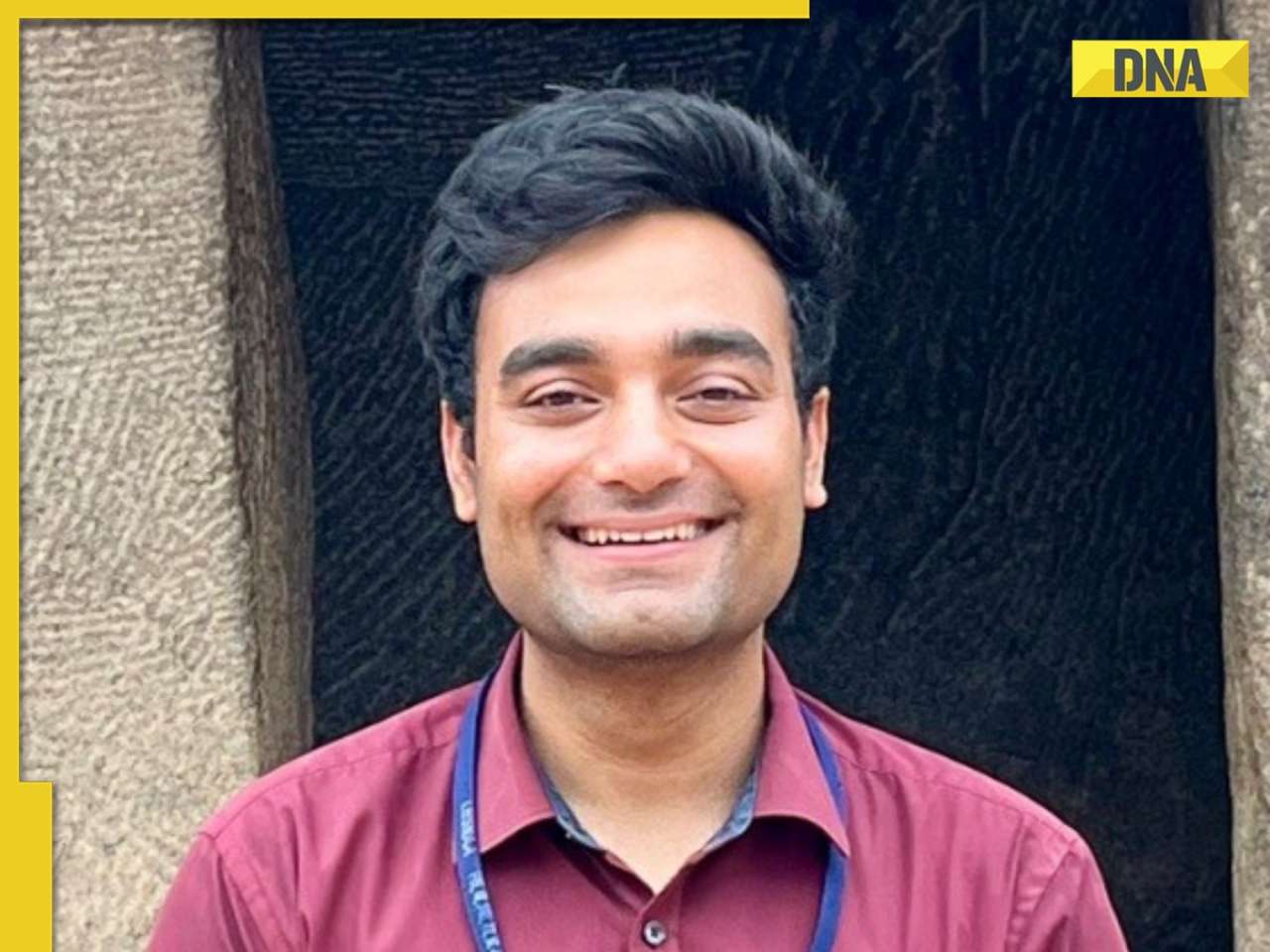 Meet man, son of tea seller, who cracked UPSC exam thrice without any coaching to become IAS officer, his AIR was..., he is currently posted in...
Meet man, son of tea seller, who cracked UPSC exam thrice without any coaching to become IAS officer, his AIR was..., he is currently posted in... 7 stunning images of Galactic 'Fossil' captured by NASA
7 stunning images of Galactic 'Fossil' captured by NASA Other than heart attacks or BP : 7 hidden heart conditions triggered by oily foods
Other than heart attacks or BP : 7 hidden heart conditions triggered by oily foods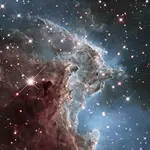 7 most captivating space images captured by NASA you need to see
7 most captivating space images captured by NASA you need to see AI-remagined famous Bollywood father-son duos will leave you in splits
AI-remagined famous Bollywood father-son duos will leave you in splits 7 superfoods that boost hair growth naturally
7 superfoods that boost hair growth naturally Tata Harrier EV Review | Most Advanced Electric SUV from Tata?
Tata Harrier EV Review | Most Advanced Electric SUV from Tata?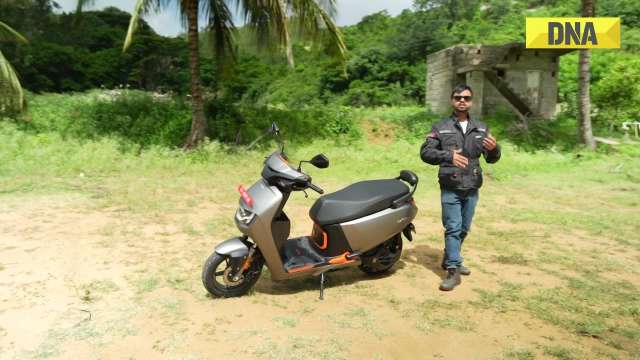 Vida VX2 Plus Electric Scooter Review: Range, Power & Real-World Ride Tested!
Vida VX2 Plus Electric Scooter Review: Range, Power & Real-World Ride Tested! MG M9 Electric Review | Luxury EV with Jet-Style Rear Seats! Pros & Cons
MG M9 Electric Review | Luxury EV with Jet-Style Rear Seats! Pros & Cons Iphone Fold: Apple’s iPhone Fold Could Solve Samsung’s Biggest Foldable Problem | Samsung Z Fold 7
Iphone Fold: Apple’s iPhone Fold Could Solve Samsung’s Biggest Foldable Problem | Samsung Z Fold 7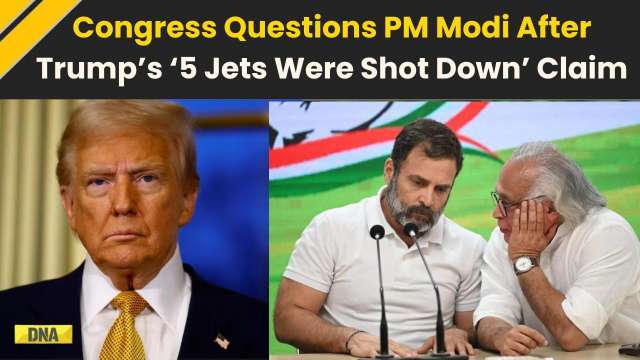 Trump News: Congress Seeks Answers On Trump's Alleged Mediation In Operation Sindoor
Trump News: Congress Seeks Answers On Trump's Alleged Mediation In Operation Sindoor OpenAI CEO Sam Altman issues CHILLING warning, says conversations with ChatGPT are...
OpenAI CEO Sam Altman issues CHILLING warning, says conversations with ChatGPT are...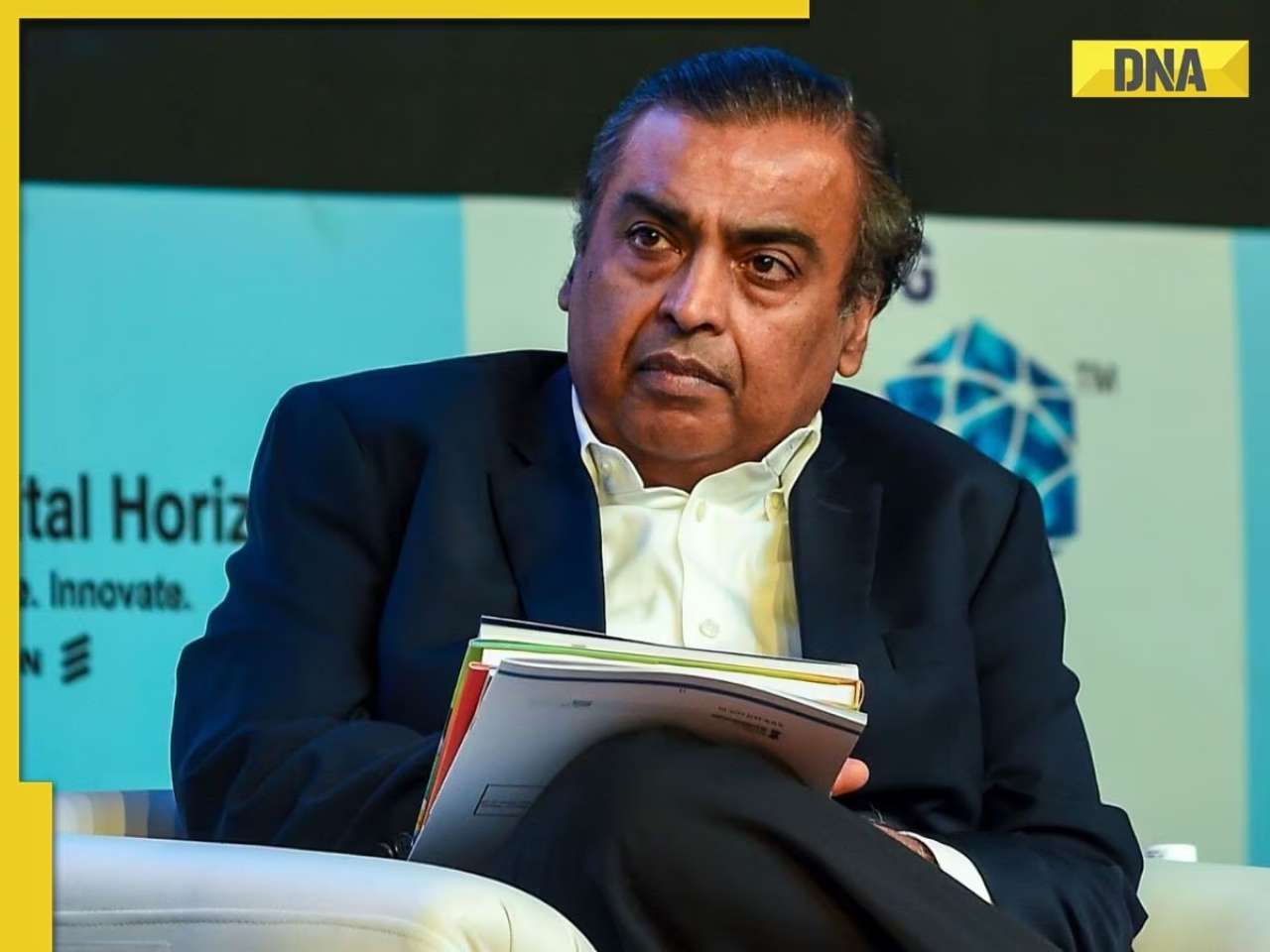 This man becomes world's highest-earning billionaire in 2025, beats Elon Musk and Jeff Bezos, Mukesh Ambani is at...
This man becomes world's highest-earning billionaire in 2025, beats Elon Musk and Jeff Bezos, Mukesh Ambani is at...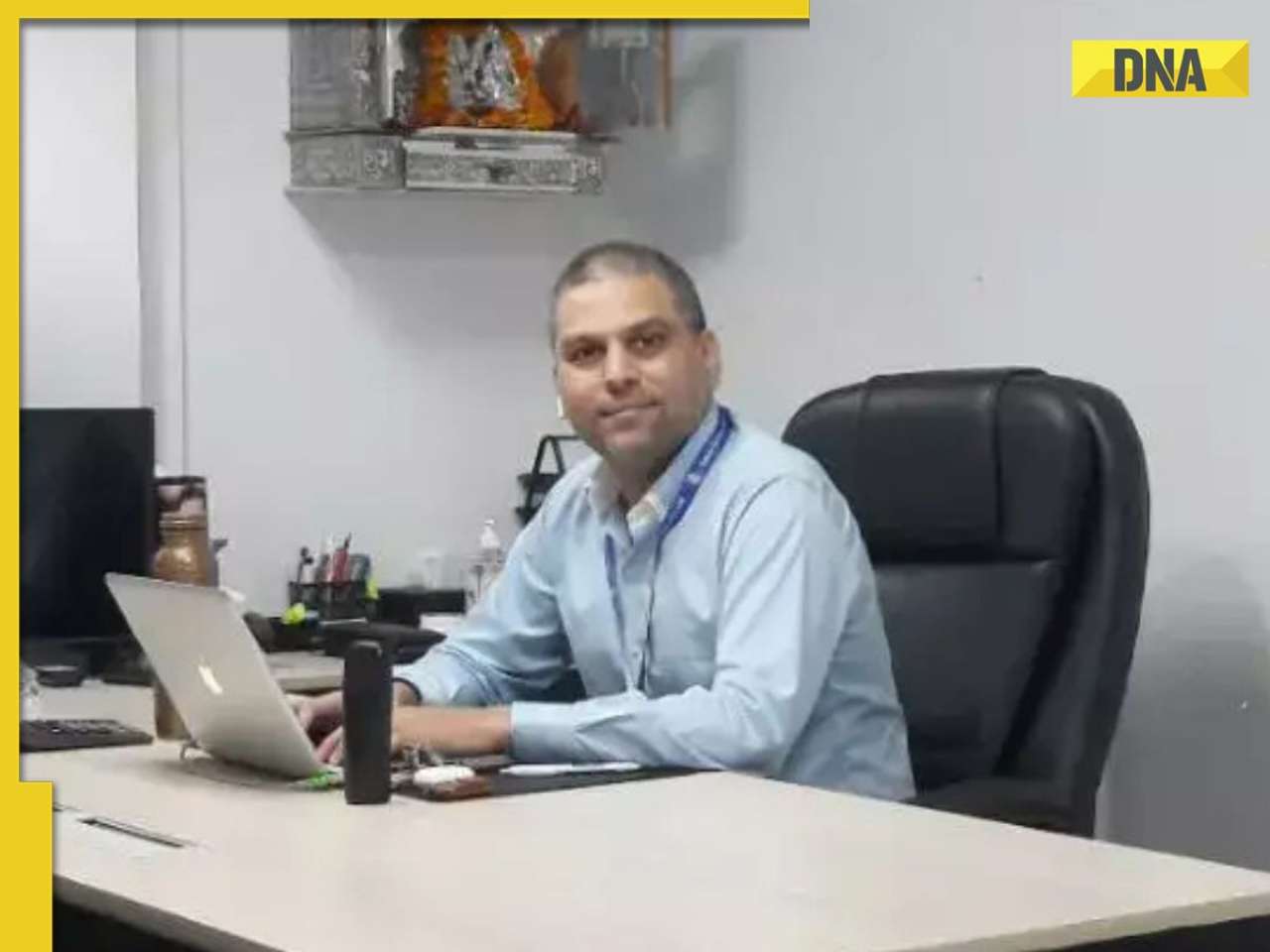 Meet man who built Rs 200,000,000 empire after two failed ventures, his business is..., net worth is Rs...
Meet man who built Rs 200,000,000 empire after two failed ventures, his business is..., net worth is Rs... Meet man, founder of app under govt lens, also owns Rs 1000000000 business, he is..., his educational qualification is...
Meet man, founder of app under govt lens, also owns Rs 1000000000 business, he is..., his educational qualification is...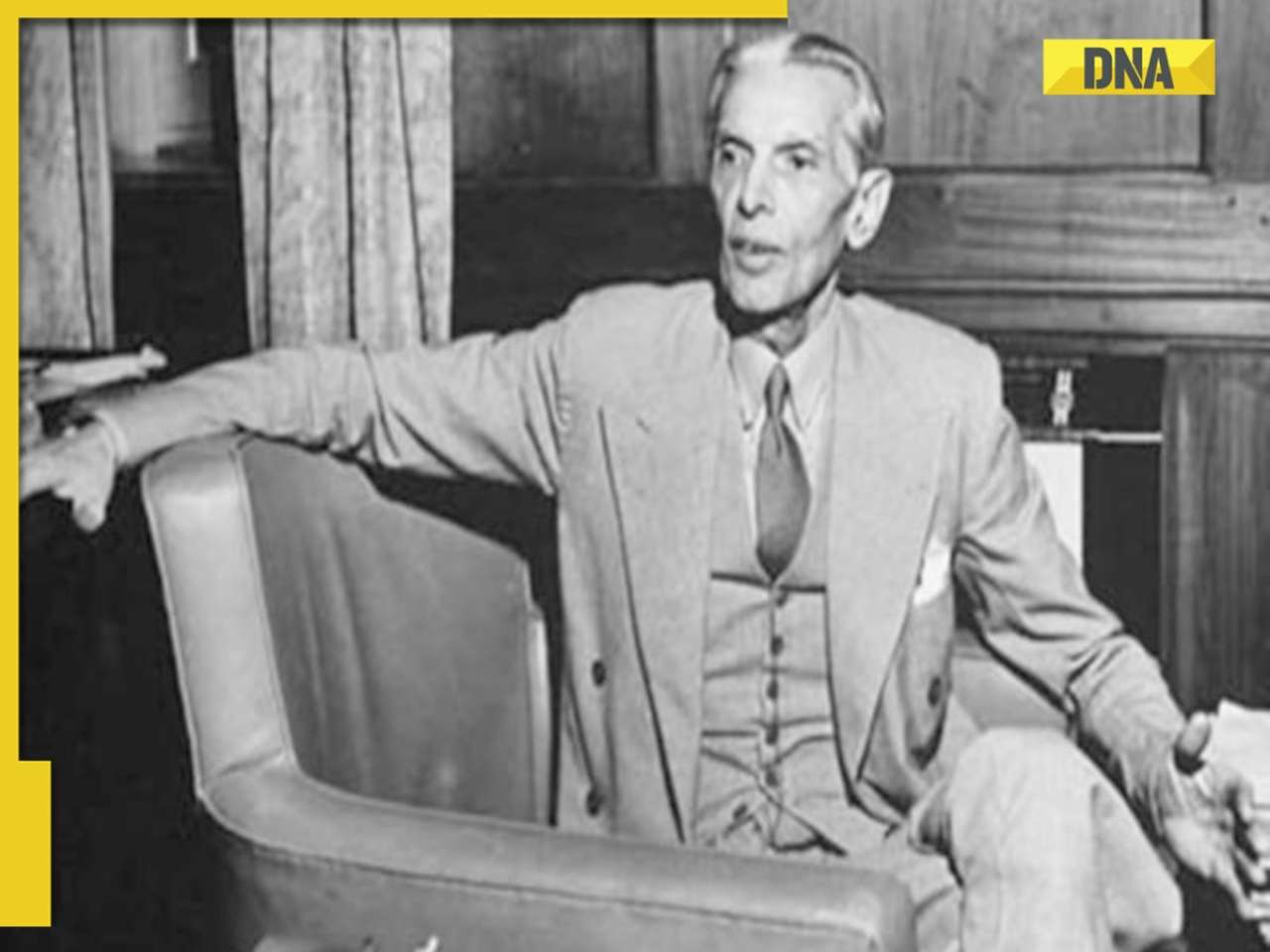 Jinnah wanted THIS Muslim man to be first Finance Minister of Pakistan, he refused, his son is on Forbes list of billionaires
Jinnah wanted THIS Muslim man to be first Finance Minister of Pakistan, he refused, his son is on Forbes list of billionaires Inside Ahaan Panday’s academic journey before his Bollywood debut in Saiyaara
Inside Ahaan Panday’s academic journey before his Bollywood debut in Saiyaara From Alia Bhatt to Anushka Sharma: 5 Bollywood moms who are redefining style
From Alia Bhatt to Anushka Sharma: 5 Bollywood moms who are redefining style Want to think like a billionaire? Try these 5 habits followed by Bill Gates, Narayana Murthy and others
Want to think like a billionaire? Try these 5 habits followed by Bill Gates, Narayana Murthy and others In Pics: Tara Sutaria brings fairytale magic to ramp in a shimmering golden gown at ICW 2025
In Pics: Tara Sutaria brings fairytale magic to ramp in a shimmering golden gown at ICW 2025 From Love in the Moonlight to Moon Embracing the Sun: 7 must-watch K-dramas
From Love in the Moonlight to Moon Embracing the Sun: 7 must-watch K-dramas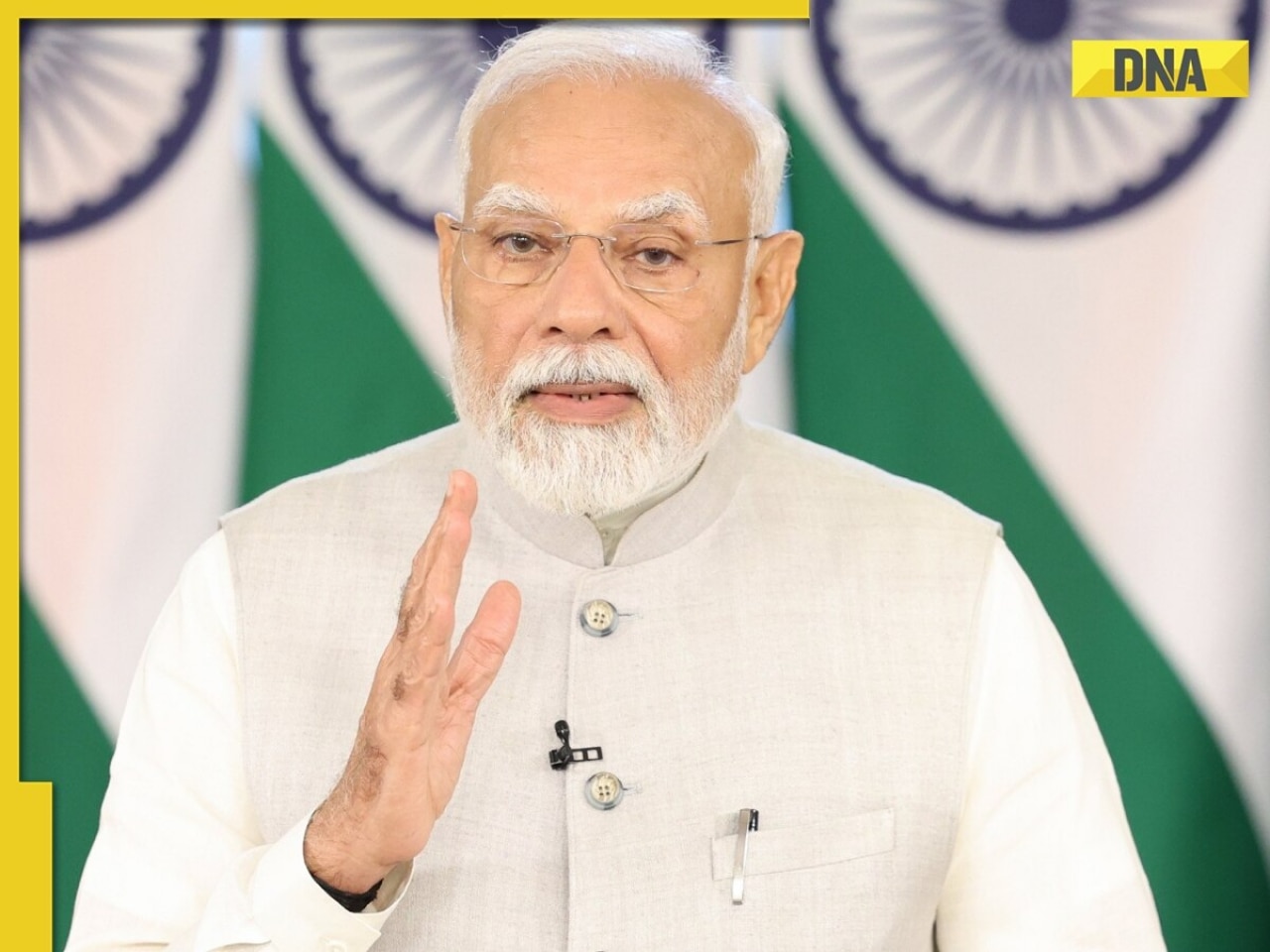 PM Modi issues BIG statement on India-UK trade deal, says, 'It shows growing trust of...'
PM Modi issues BIG statement on India-UK trade deal, says, 'It shows growing trust of...'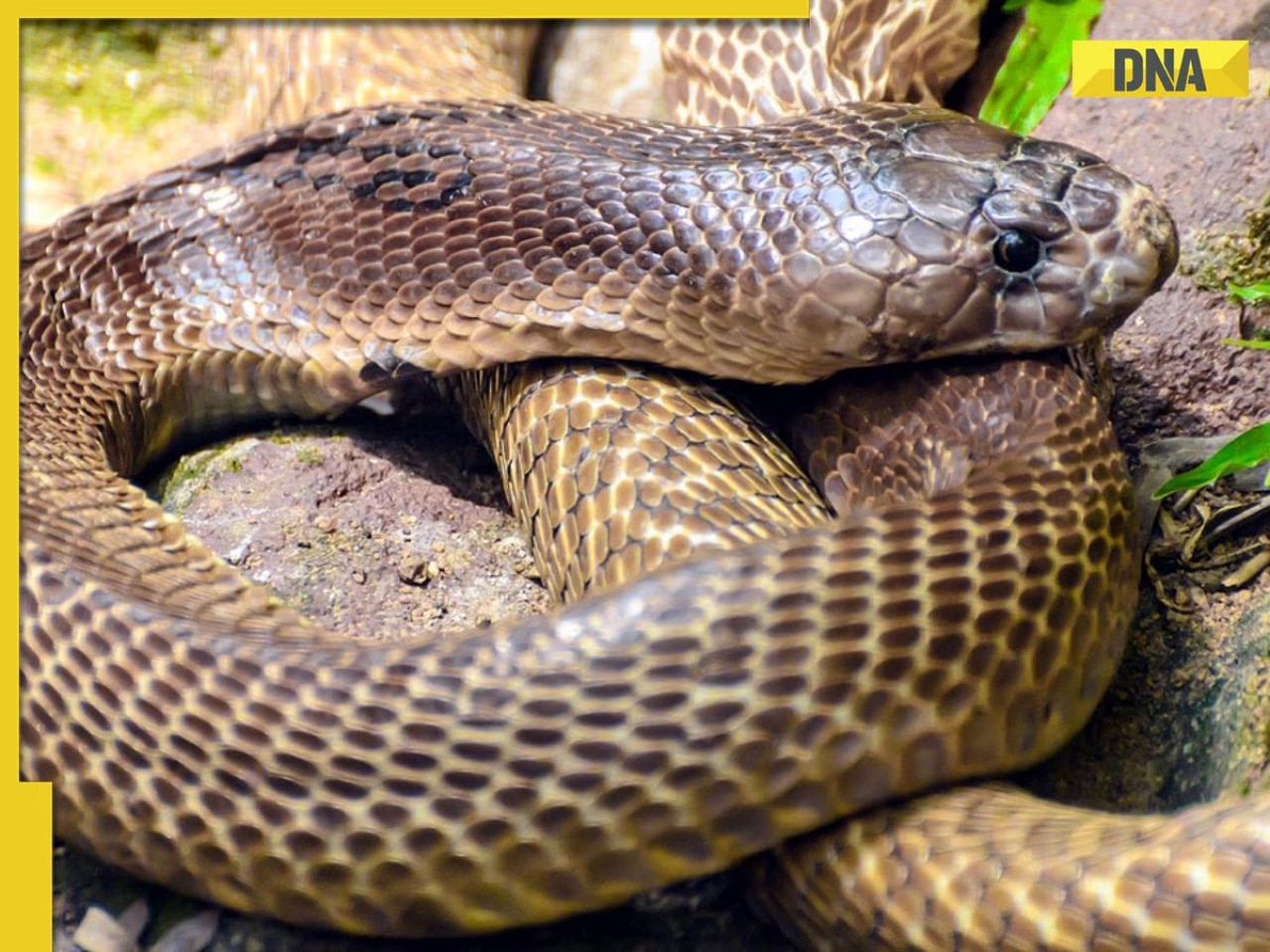 SHOCKING! 1-year-old child bites cobra to death in THIS state: 'He was spotted with...'
SHOCKING! 1-year-old child bites cobra to death in THIS state: 'He was spotted with...'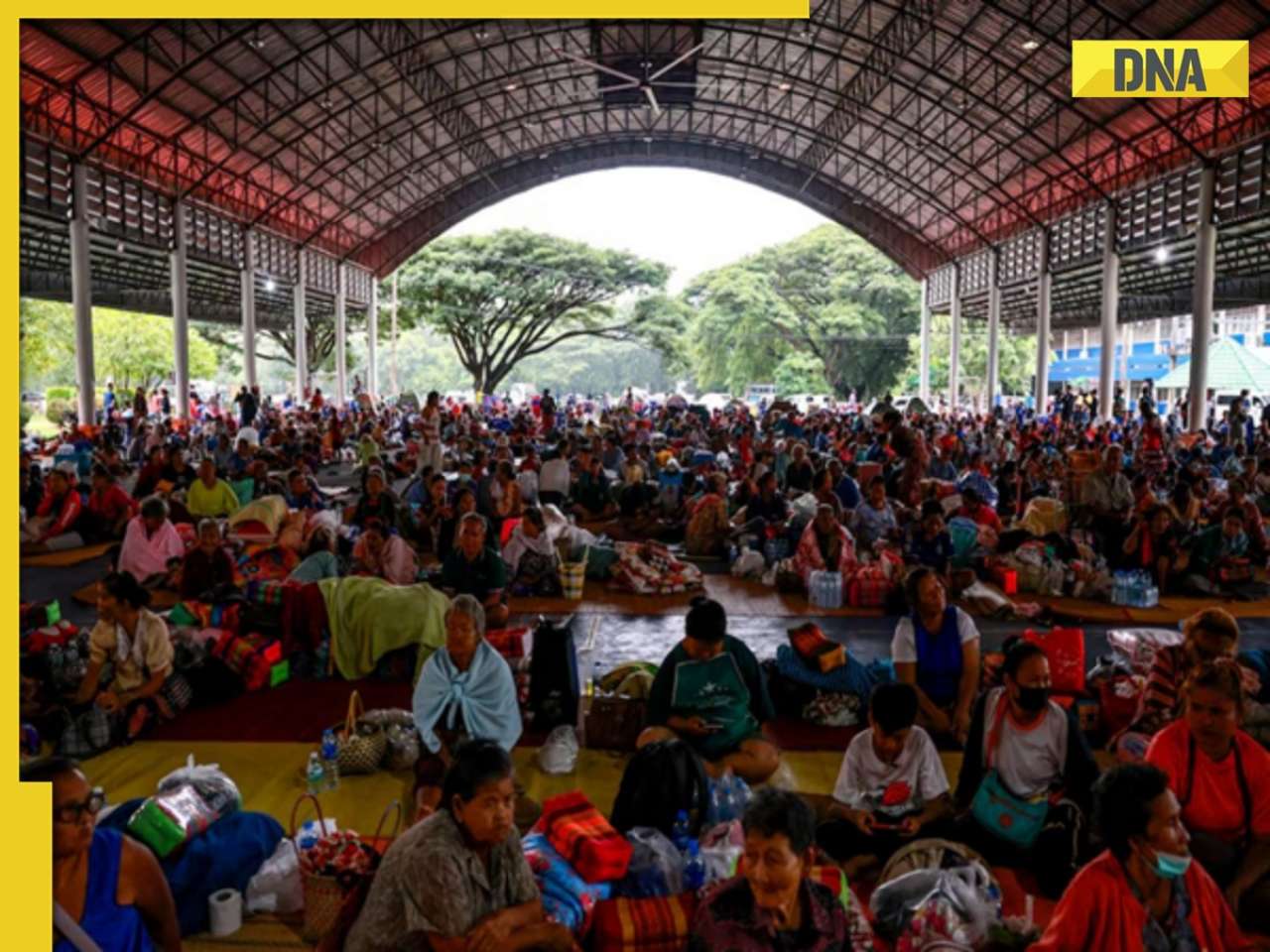 India appeals to Thailand, Cambodia to prevent escalation of hostilities: 'Closely monitoring...'
India appeals to Thailand, Cambodia to prevent escalation of hostilities: 'Closely monitoring...'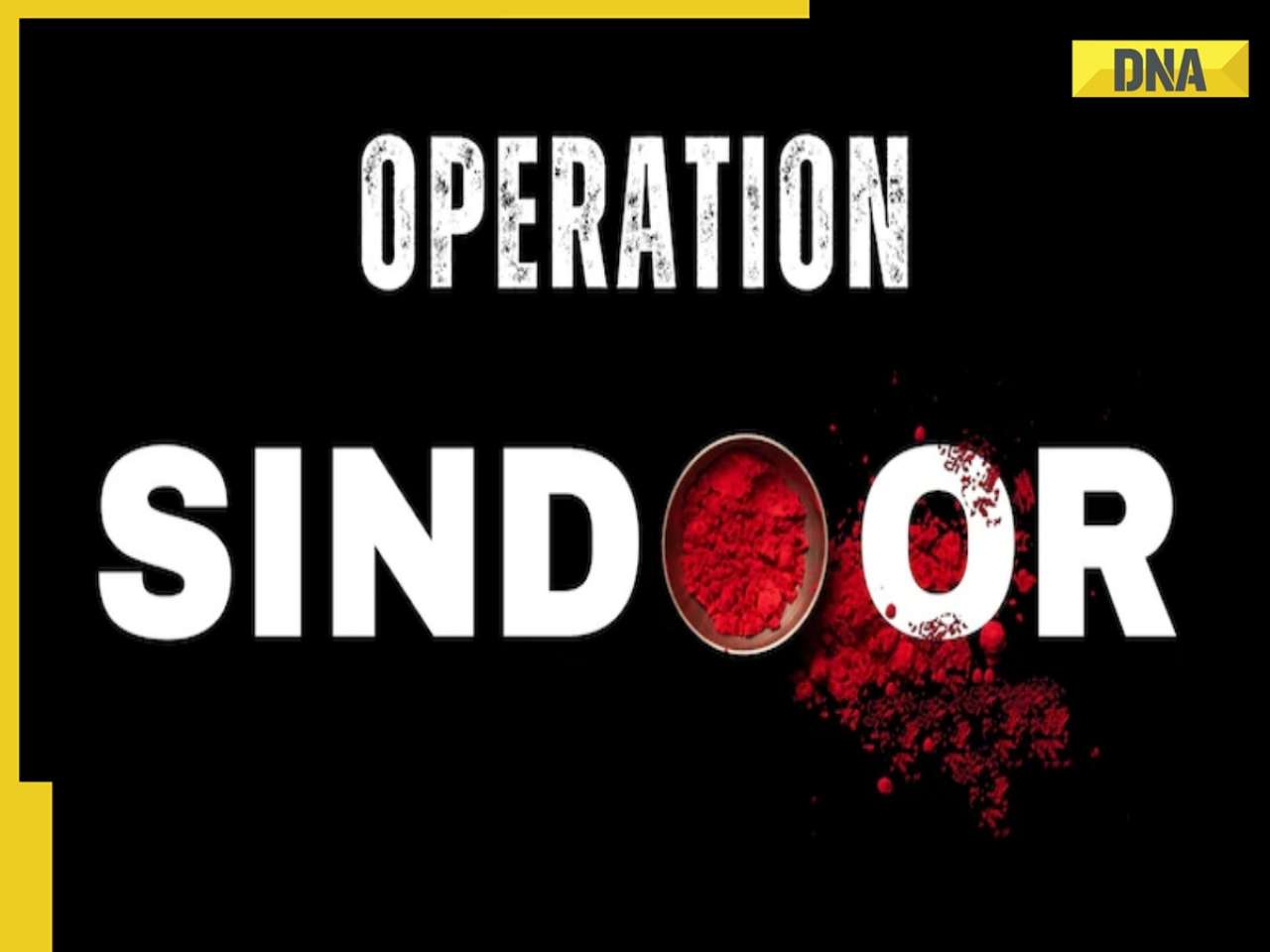 NCERT to introduce dedicated module on 'Operation Sindoor' for students of Class...
NCERT to introduce dedicated module on 'Operation Sindoor' for students of Class...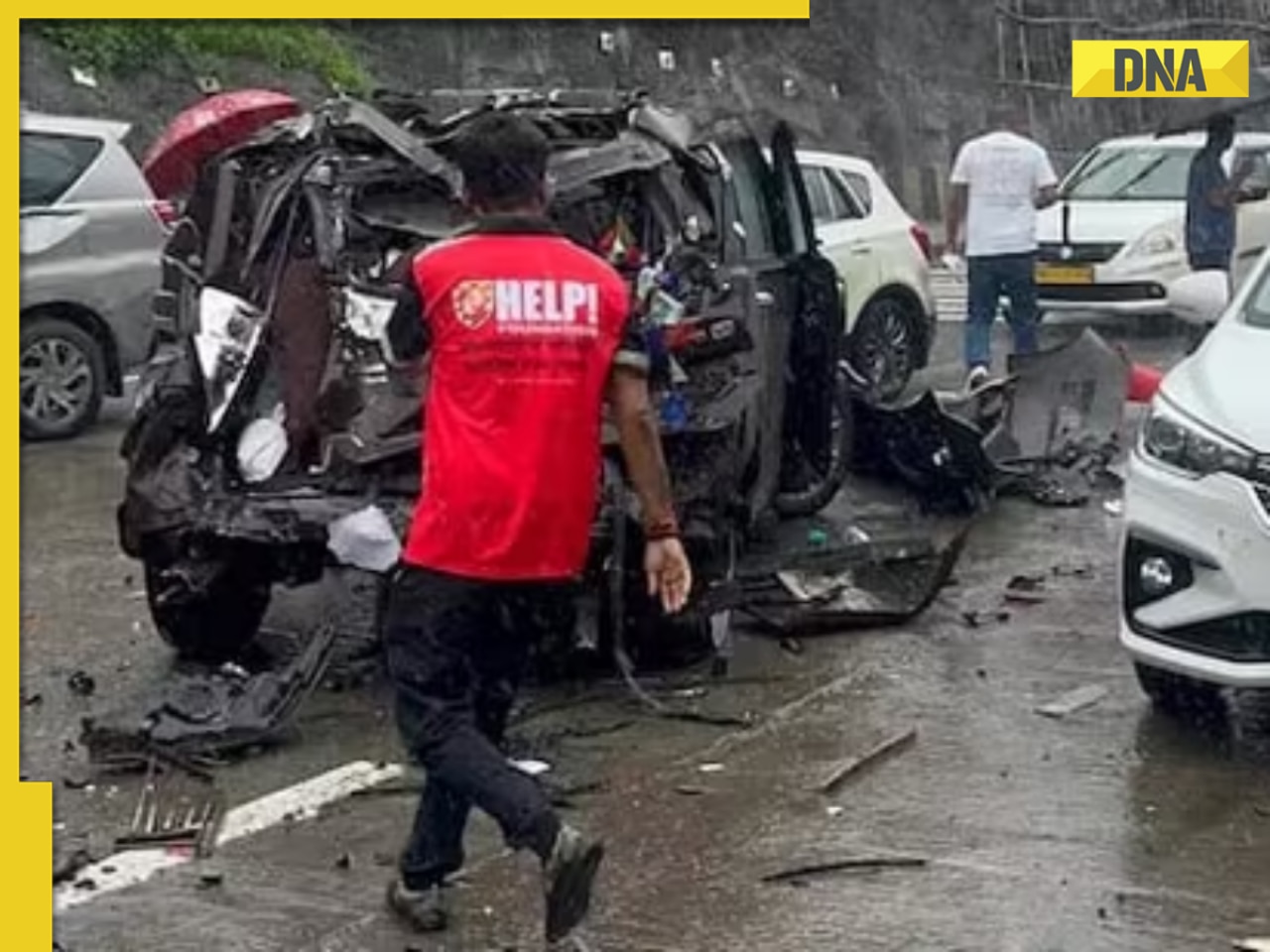 Mumbai Pune Expressway: 1 killed, many injured after nearly 20 vehicles crash in major accident
Mumbai Pune Expressway: 1 killed, many injured after nearly 20 vehicles crash in major accident Meet man, son of tea seller, who cracked UPSC exam thrice without any coaching to become IAS officer, his AIR was..., he is currently posted in...
Meet man, son of tea seller, who cracked UPSC exam thrice without any coaching to become IAS officer, his AIR was..., he is currently posted in...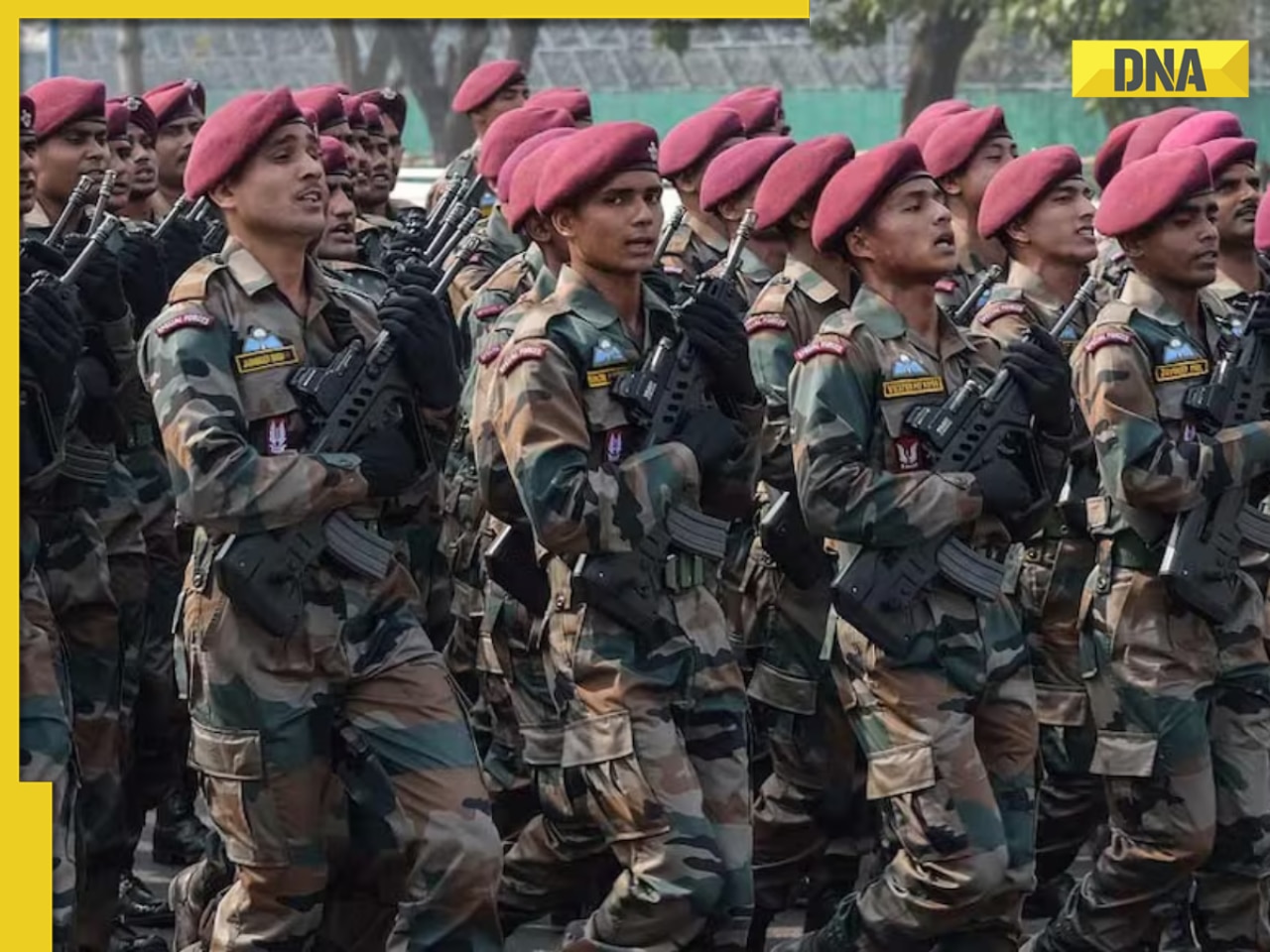 Indian Army Agniveer CEE 2025 result declared, here's how you can download it
Indian Army Agniveer CEE 2025 result declared, here's how you can download it Meet IPS officer, DU grad, who cracked UPSC exam in her third attempt, secured 992 out of 2025 marks with AIR..., now married to IAS...
Meet IPS officer, DU grad, who cracked UPSC exam in her third attempt, secured 992 out of 2025 marks with AIR..., now married to IAS...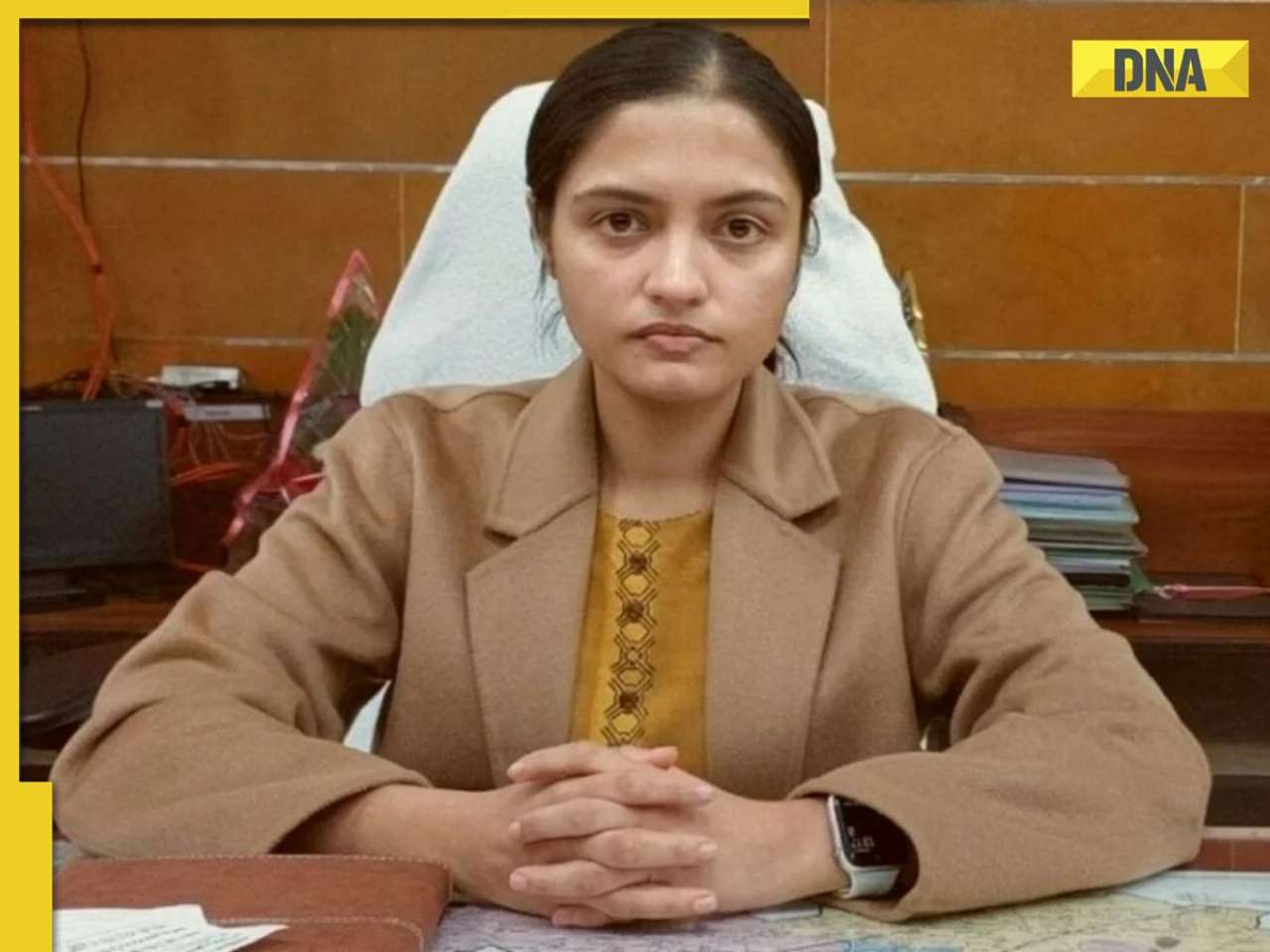 Meet woman, who studied MBBS, later cracked UPSC with AIR..., became popular IAS officer for these reasons, shares similarities with IAS Tina Dabi, she is from...
Meet woman, who studied MBBS, later cracked UPSC with AIR..., became popular IAS officer for these reasons, shares similarities with IAS Tina Dabi, she is from...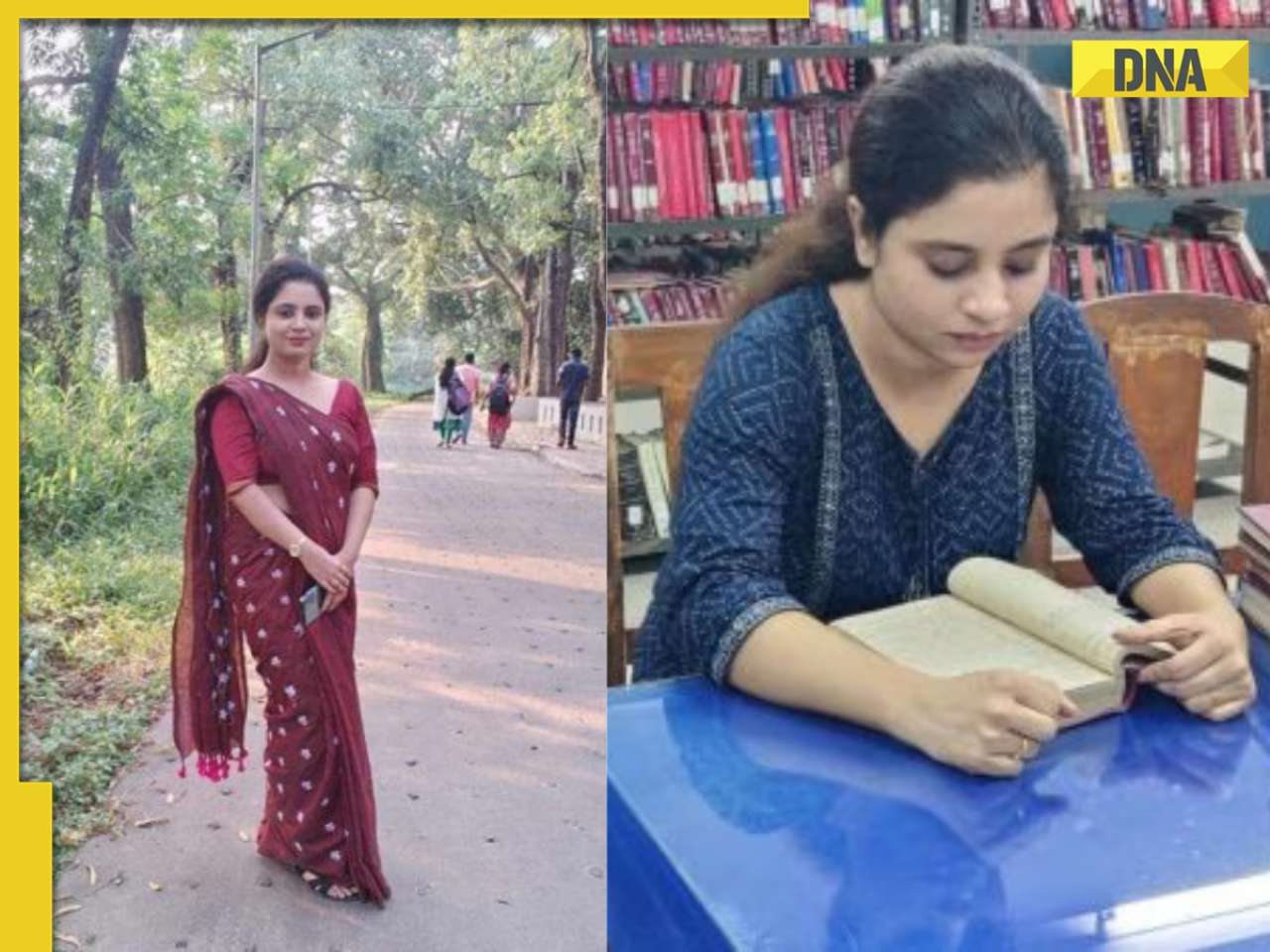 Meet Nilufa Yasmine, who topped UGC NET June exam, failed twice before scoring a perfect 100, she is from...
Meet Nilufa Yasmine, who topped UGC NET June exam, failed twice before scoring a perfect 100, she is from... Maruti Suzuki's e Vitara set to debut electric market at Rs..., with range of over 500 km, to launch on...
Maruti Suzuki's e Vitara set to debut electric market at Rs..., with range of over 500 km, to launch on...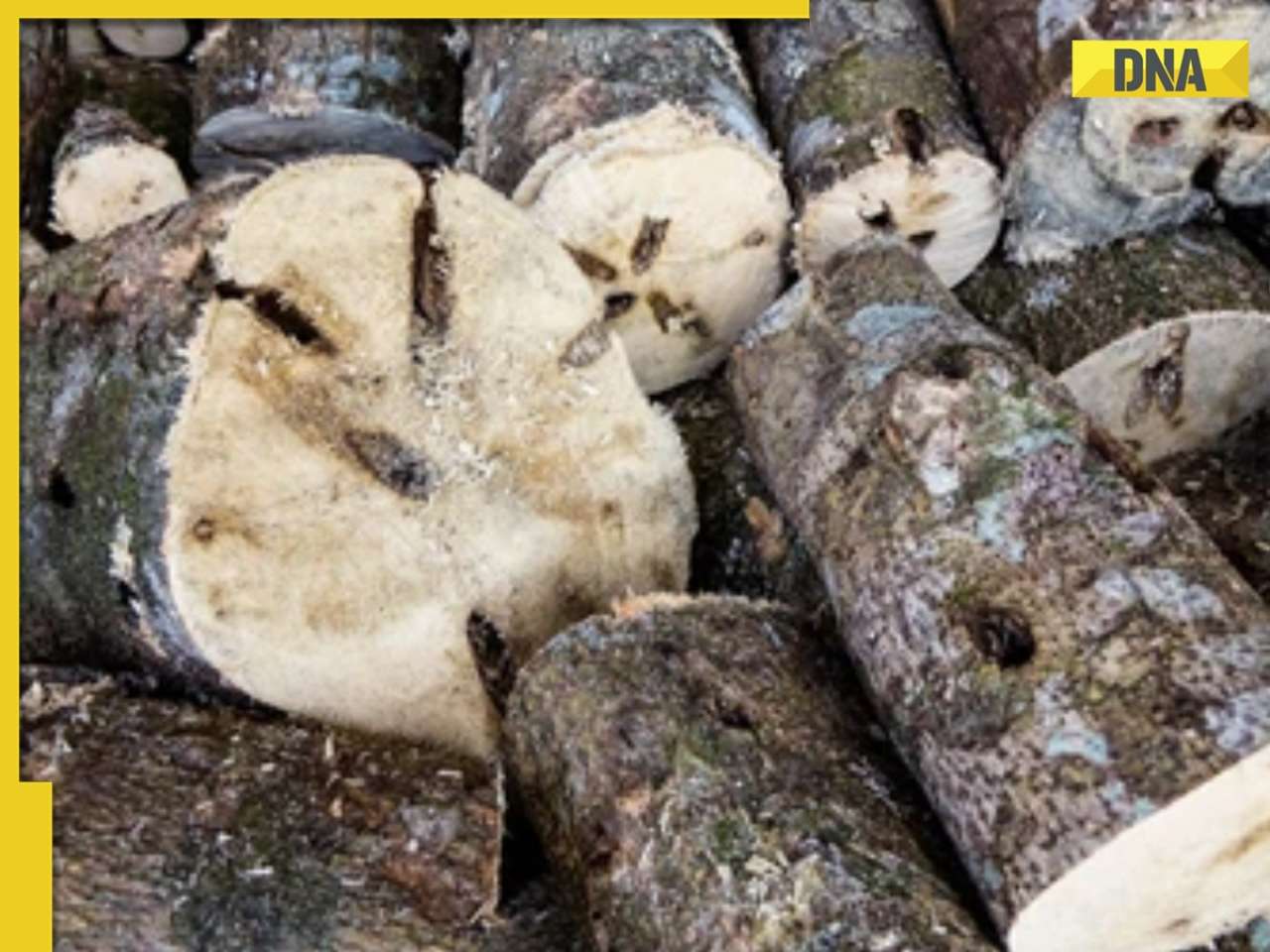 This is world’s most expensive wood, cost of 1kg wood is more than gold, its name is..., is found in...
This is world’s most expensive wood, cost of 1kg wood is more than gold, its name is..., is found in... This luxury car is first choice of Indians, even left BMW, Jaguar, Audi behind in sales, it is...
This luxury car is first choice of Indians, even left BMW, Jaguar, Audi behind in sales, it is... Kia India unveils Carens Clavis: Check features, design changes, price and more; bookings open on...
Kia India unveils Carens Clavis: Check features, design changes, price and more; bookings open on... Tesla CEO Elon Musk launches most affordable Cybertruck, but it costs Rs 830000 more than older version, it is worth Rs...
Tesla CEO Elon Musk launches most affordable Cybertruck, but it costs Rs 830000 more than older version, it is worth Rs...




)
)
)
)
)
)
)
)
)
)
)
)
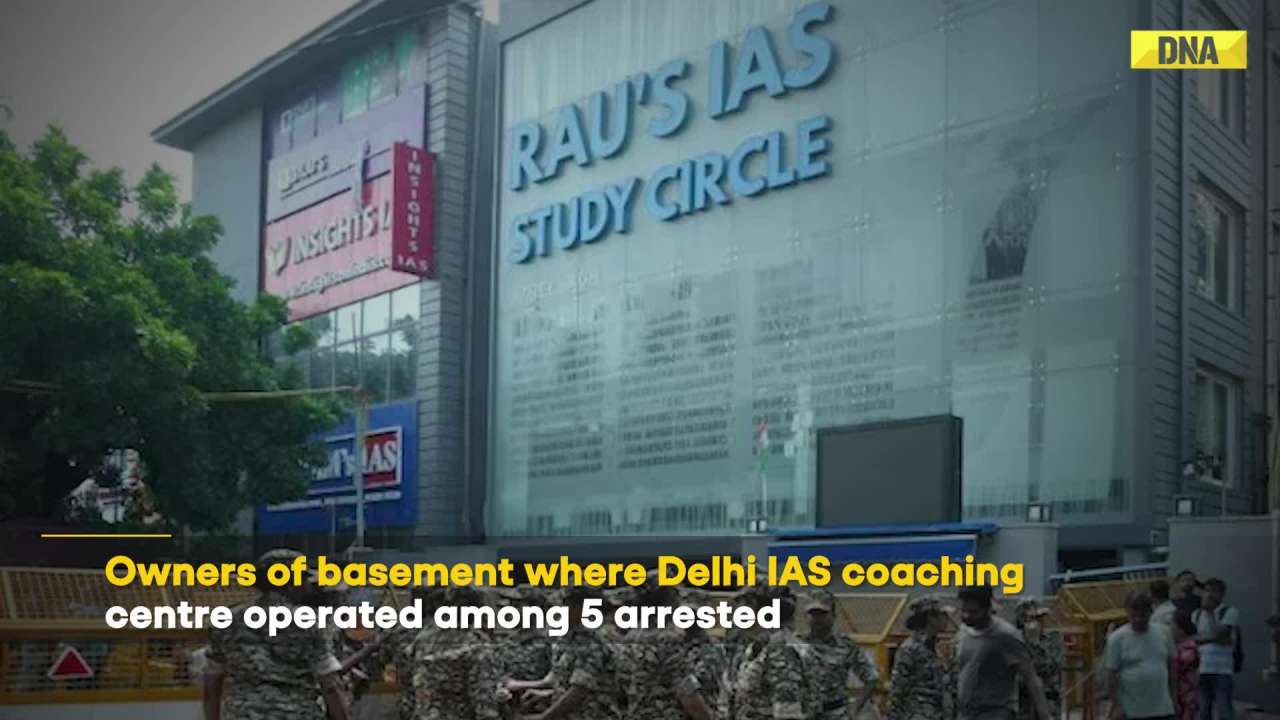)
)
)
)
